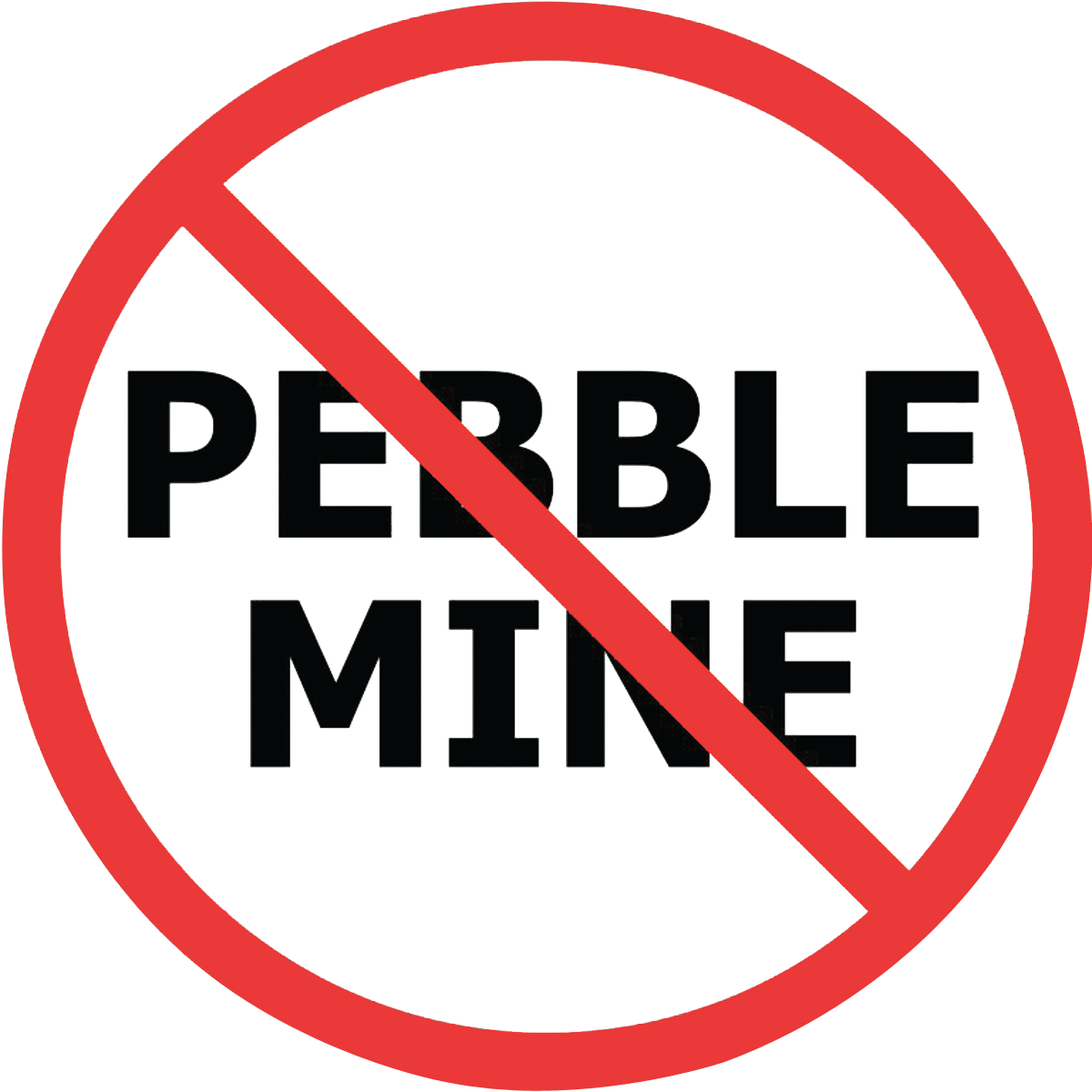By Joel Reynolds for the Huffington Post
Posted: 01/15/2016 2:29 pm EST
Canadian exploration company Northern Dynasty Minerals is the only partner remaining in the once formidable Pebble Partnership - the poorly-funded proponent of the reckless scheme to build a massive mine in the headwaters of the world's greatest wild salmon fishery.
And it's the kind of company that gives the mining industry a bad name. Prioritizing shareholder profits even in the face of grave risk to people and wildlife. Tone deaf to the region's overwhelming opposition (80 percent of Bristol Bay residents). Unable to understand -- or unwilling to concede - that, however important mining is to the world, there are just some places too important to risk.
Bristol Bay, Alaska is one such place -- home to the world's largest wild salmon fishery, generating $1.5 billion annually, supporting tens of thousands of jobs, sustaining the region's communities and wildlife for millennia, and supplying half of the world's sockeye salmon.
Contrast Rio Tinto's record at Pebble, recently profiled in Mines2Markets:
Once a major player in the Pebble Partnership, Rio Tinto's top management activelyengaged with leaders from the Bristol Bay region and elsewhere over a period of years to try to find common ground -- to determine whether the communities' serious concerns could be answered.
In 2014, it concluded that they couldn't.
After a strategic review of its copper assets, and based on its consideration of all the circumstances (including a comprehensive EPA scientific assessment of Pebble's risk to the region), Rio's executive team determined that the Pebble project is a bad investment. But rather than just walk away (as Anglo American had elected to do in 2013), it devised an extraordinary plan of community engagement to end its involvement: Rio decided to divide its shares equally between two Alaskan charitable foundations, the Alaska Community Fund (ACF) and the Bristol Bay Native Corporation Education Foundation (BBNCEF).
In announcing its decision, Rio Tinto's Copper Chief Executive Jean-Sébastien Jacques explained the unconventional approach: "By giving our shares to two respected Alaskan charities, we are ensuring that Alaskans will have a say in Pebble's future development and that any economic benefit supports Alaska's ability to attract investment that creates jobs."
According to the recent profile, both of the charitable foundations have since sold the shares and are "using the proceeds as Rio Tinto intended - to support Alaska's people, hone Alaska's ability to attract resource development that supports jobs, and build strong communities." Proceeds from the sale of Rio Tinto's investment in the Pebble Mine have been used to fund scholarships and training opportunities, as well as to create programs to preserve Native languages, dances, regalia and traditions.
Rio Tinto's divestment in the Pebble project - and investment in the people of Bristol Bay - demonstrates that successful mining isn't inconsistent with responsible community engagement. It confirms the fundamental fact that there are some places too special to risk, and it demonstrates that, consistent with their economic interests, major mining companies can listen to, and strive to elevate, the culture, vision, and aspirations of affected communities - even those communities that oppose their mining plans.
Northern Dynasty has much to learn from Rio Tinto's creative and enlightened approach to the communities and future of Bristol Bay. Rather than attacking the people of Alaska for their determined opposition, suing EPA for doing its job, and throwing its investors' good money after bad, Northern Dynasty should recognize that its own responsibility in "responsible mining" doesn't begin and end with a myopic and, in this case, delusional pursuit of financial profit.
Pebble Mine is a bad investment - the wrong mine in the wrong place. Now is the time for Northern Dynasty Minerals to walk away from Bristol Bay.
